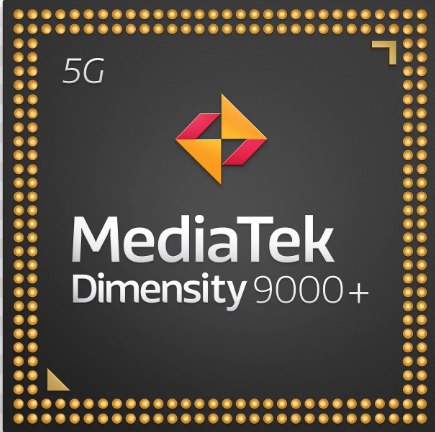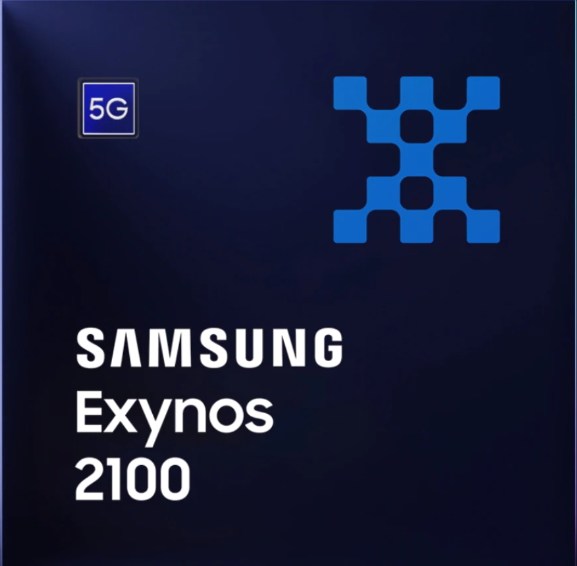Mediatek Dimensity 9000 Plus vs Samsung Exynos 2100
We have compiled a detailed comparison of the recently introduced
Dimensity 9000 Plus vs Exynos 2100
SoCs, designed by
Mediatek and Samsung respectively. Our comparison outlines the benefits and
limitations of these
8-core
processors, focusing on
their performance across
Geekbench, Antutu, and
3DMark benchmarks, and
technical aspects.
Review
General comparison of performance, power consumption,
and other
indicators
CPU Performance
Evaluation of Single-Core and
Multi-Core Processor Performance
Gaming Performance
Gaming and OpenCL/Vulkan
Performance of the Graphics Processing Unit (GPU)
Battery life
Energy Efficiency in Battery Usage
Tech Insist Score
Overall Performance Rating of the
Chip
Key Differences
Main differences and advantages of each chip
Pros of Dimensity 9000 Plus
Benchmarks
Evaluating performance through competitive testing in
leading benchmarks.
AnTuTu 10
The AnTuTu Benchmark evaluates CPU, GPU, RAM, and I/O
capabilities across various scenarios.
CPU
291317
202484
GPU
430867
285430
Memory
218270
123653
UX
206140
140161
Total score
1146594
751728
GeekBench 6
The GeekBench test shows raw single-threaded and
multithreaded CPU
performance
3DMark
A cross-platform benchmark that assesses graphics
performance in Vulkan
(Metal)
3DMark Wild Life Performance
Stability
86%
66%
Graphics test
51 FPS
33 FPS
Score
8685
5655
Specifications
Full list of technical specifications of Dimensity 9000 Plus and Dimensity
9300
Architecture
1x 3.2 GHz – Cortex-X2
1x 2.9 GHz – Cortex-X1
Cores
8
8
Base Frequency
1800MHz
2200MHz
Turbo Frequency
3200MHz
2900MHz
Instruction set
ARMv9-A
ARMv8.4-A
L2 cache
1024 KB
-
L2 cache
3.5 MB
-
L3 cache
8 MB
-
Process
4 nanometers
5 nanometers
Transistor count
-
-
TDP (Sustained Power Limit)
4 W
9 W
GPU name
Mali-G710 MC10
Mali-G78 MP14
Architecture
Valhall 3
Valhall 2
GPU frequency
-
760 MHz
Pipelines
10
14
Shading units
512
224
Total shaders
1024
448
FLOPS
-
976 Gigaflops
Vulkan version
1.1
1.1
OpenCL version
2
2
DirectX version
12
12
Neural processor (NPU)
Yes
AI Engine with Triple-core NPU and DSP (26 TOPS)
Memory type
LPDDR5x
LPDDR5
Memory frequency
3750 MHz
3200 MHz
Bus
-
-
Max bandwidth
60 Gbit/s
51.2 Gbit/s
Max size
24 GB
16 GB
Storage type
UFS 3.1
UFS 3.1
Max display resolution
2960 x 1440
4096 x 2160
Max camera resolution
1x 320MP, 3x 32MP
1x 200MP, 2x 32MP
Video capture
4K at 60FPS
8K at 30FPS, 4K at 120FPS
Video playback
4K at 60FPS
8K at 60FPS
Video codecs
H.264, H.265, AV1, VP9
H.264, H.265, AV1, VP9
Audio codecs
AAC LC, MP3, HE-AACv1, HE-AACv2, FLAC
AAC, AIFF, CAF, MP3, MP4, WAV
Modem
-
Exynos Modem 5200
4G support
LTE Cat. 24
LTE Cat. 24
5G support
Yes
Yes
Download speed 5G
Up to 7168 Mbps
Up to 7526 Mbps
Download speed 4G
Up to 2560 Mbps
Up to 3072 Mbps
Upload speed 5G
Up to 2560 Mbps
Up to 3758 Mbps
Upload speed 4G
Up to 316 Mbps
Up to 422 Mbps
Wi-Fi
6
6
Bluetooth
5.3
5.2
Navigation
GPS, GLONASS, Beidou, Galileo, QZSS, SBAS, NAVIC
GPS, GLONASS, Beidou, Galileo, NAVIC

